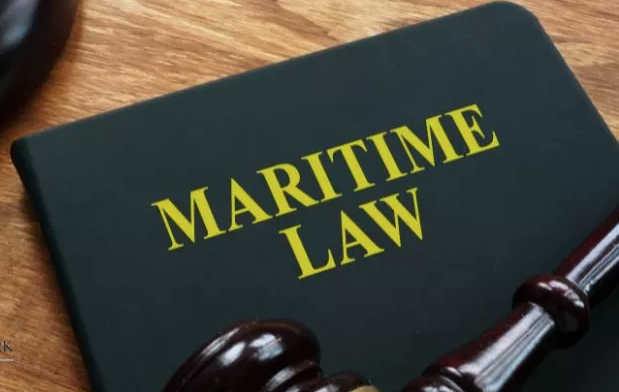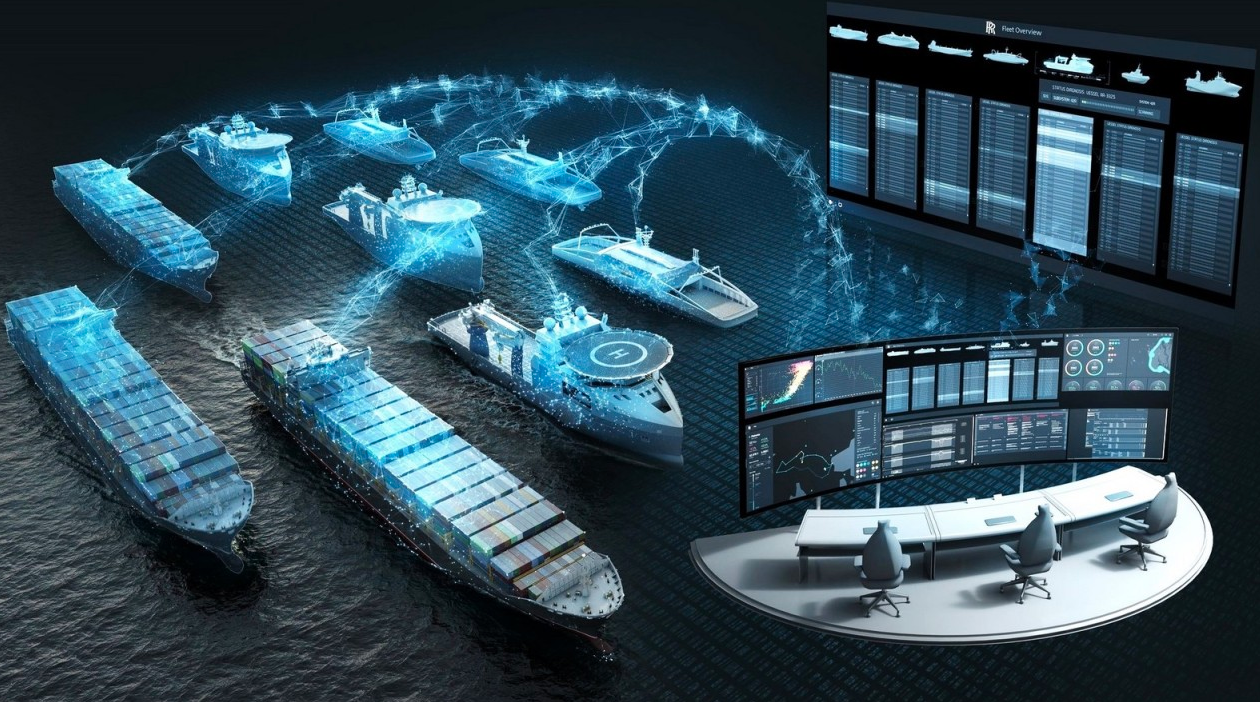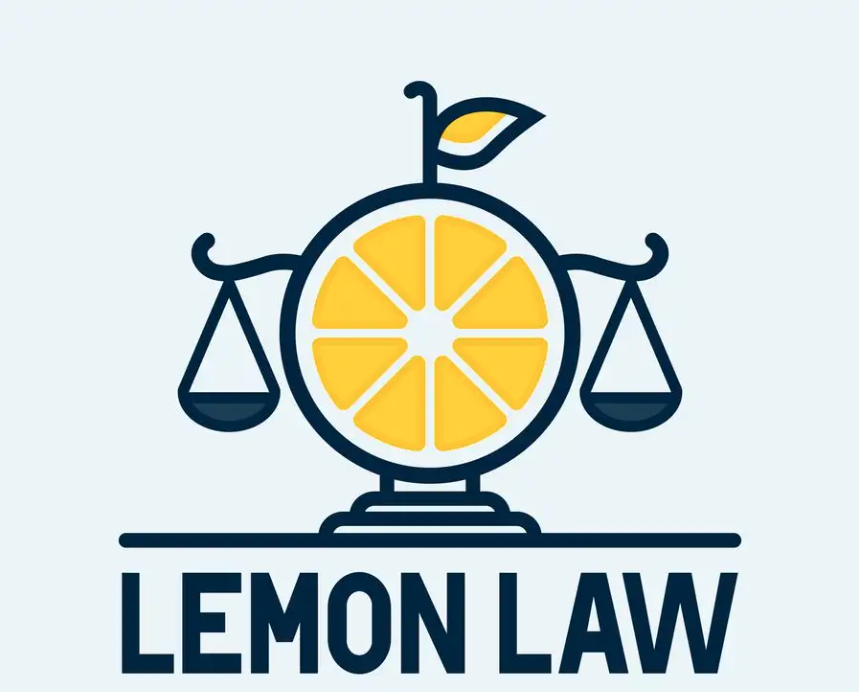Maritime Law: Finding Expert Attorneys

Maritime law, also known as admiralty law, governs legal issues related to shipping, navigation, and marine commerce. Whether you’re dealing with maritime injury claims, shipping disputes, or environmental regulations, specialized legal expertise is crucial. This guide explores what maritime law firms and expert attorneys offer, how to choose the right legal representation, and the types of cases they handle.
1. Understanding Maritime Law
Maritime law encompasses various legal issues related to the sea and shipping activities. This body of law covers:
1.1 Shipping and Trade
- Contracts of Carriage: Legal agreements between shippers and carriers for the transportation of goods.
- Bills of Lading: Documents that outline the terms of cargo transport and ownership.
1.2 Marine Injuries
- Jones Act Claims: U.S. legislation that provides compensation for seamen injured in the course of their duties.
- Longshore and Harbor Workers' Compensation Act (LHWCA): Covers workers injured on the navigable waters of the U.S. or in adjoining areas.
1.3 Environmental Regulations
- Oil Spills: Laws and regulations related to oil spill prevention, response, and cleanup.
- Marine Pollution: Regulations to prevent and address pollution from ships.
1.4 Maritime Disputes
- Collision and Salvage: Legal issues arising from ship collisions or the salvage of damaged vessels.
- Charter Party Disputes: Conflicts over the terms and execution of charter agreements for ships.
2. What Maritime Law Firms Do
Maritime law firms specialize in handling legal matters related to the maritime industry. Their services typically include:
2.1 Legal Representation
- Litigation: Representing clients in maritime-related lawsuits, including personal injury claims, shipping disputes, and environmental cases.
- Arbitration and Mediation: Alternative dispute resolution methods to resolve maritime disputes outside of court.
2.2 Advisory Services
- Regulatory Compliance: Advising businesses and individuals on compliance with maritime laws and regulations.
- Contract Review: Drafting and reviewing maritime contracts, including shipping agreements and charter parties.
2.3 Claims Management
- Insurance Claims: Assisting clients with claims related to marine insurance, including cargo losses and vessel damage.
- Compensation Claims: Handling claims for injured seamen or longshore workers.
3. Types of Maritime Law Cases
Maritime law firms handle a wide range of cases, including:
3.1 Personal Injury Claims
- Jones Act Claims: For maritime workers injured while working on a vessel, seeking compensation for medical expenses, lost wages, and pain and suffering.
- General Maritime Injury: Claims for injuries sustained in maritime environments, including cruise ships and fishing vessels.
3.2 Cargo and Shipping Disputes
- Cargo Loss or Damage: Cases involving the loss or damage of goods during transit.
- Charter Party Disputes: Disagreements over the terms of charter agreements between shipowners and charterers.
3.3 Environmental and Pollution Cases
- Oil Spills: Legal actions related to the cleanup and compensation for oil spills.
- Marine Pollution: Cases involving illegal discharges and pollution from vessels.
3.4 Vessel and Shipping Disputes
- Collision Claims: Legal issues arising from collisions between ships, including liability and damages.
- Salvage Rights: Disputes over the rights and compensation for salvaging damaged or wrecked vessels.
4. Choosing the Right Maritime Law Firm
Selecting the right maritime law firm is crucial for effective legal representation. Consider the following factors:
4.1 Expertise and Experience
- Specialization: Choose a firm specializing in maritime law with a track record of handling cases similar to yours.
- Experience: Look for attorneys with significant experience in maritime law and a history of successful outcomes.
4.2 Reputation and Reviews
- Client Testimonials: Read reviews and testimonials from past clients to gauge the firm’s reputation and client satisfaction.
- Professional Recognition: Check for recognition by industry organizations or professional associations.
4.3 Resources and Network
- Legal Resources: Ensure the firm has access to necessary resources, such as maritime experts, investigators, and consultants.
- Industry Network: A well-connected firm can leverage relationships with industry professionals and regulatory agencies.
4.4 Communication and Support
- Responsiveness: Choose a firm known for timely and effective communication.
- Client Support: Ensure they provide the support and guidance needed throughout the legal process.
5. Initial Consultation and Case Evaluation
The initial consultation with a maritime law firm is an opportunity to discuss your case and assess the firm’s suitability. During the consultation:
5.1 Prepare Relevant Information
- Documentation: Bring any relevant documents, such as contracts, accident reports, or medical records.
- Questions: Prepare questions about the firm’s experience, approach to your case, and fee structure.
5.2 Discuss Case Details
- Legal Strategy: Discuss the potential legal strategy and options for resolving your case.
- Expected Outcomes: Gain an understanding of possible outcomes and timelines.
6. Legal Fees and Payment Structures
Maritime law firms typically offer various fee structures:
6.1 Contingency Fees
- Payment Basis: Fees are based on a percentage of the compensation awarded if the case is successful. No fees are charged if the case does not result in compensation.
6.2 Hourly Rates
- Billing: Fees are charged based on the amount of time spent on the case. This structure is common for complex or ongoing legal matters.
6.3 Flat Fees
- Fixed Costs: A predetermined fee for specific services or legal representation.
7. Conclusion
Navigating maritime law requires specialized knowledge and expertise. By choosing a reputable maritime law firm with experience in handling similar cases, you can ensure effective representation and achieve the best possible outcomes. Whether dealing with personal injury claims, shipping disputes, or environmental issues, expert maritime attorneys can provide the legal support needed to navigate the complexities of maritime law and protect your interests.
Explore

Navigating Maritime Law: Finding Expert Attorneys and Firms

Top Maritime Attorney Near You: Expert Help for Accidents & Injuries

Find Top Lemon Law Attorneys Near You - Get the Compensation You Deserve

Expert Auto Accident Attorneys: Secure the Compensation You Deserve

Enhancing Law Firm Efficiency with Answering Services

Enhance Your Firm's Efficiency with Top Law Firm Virtual Receptionist Services
